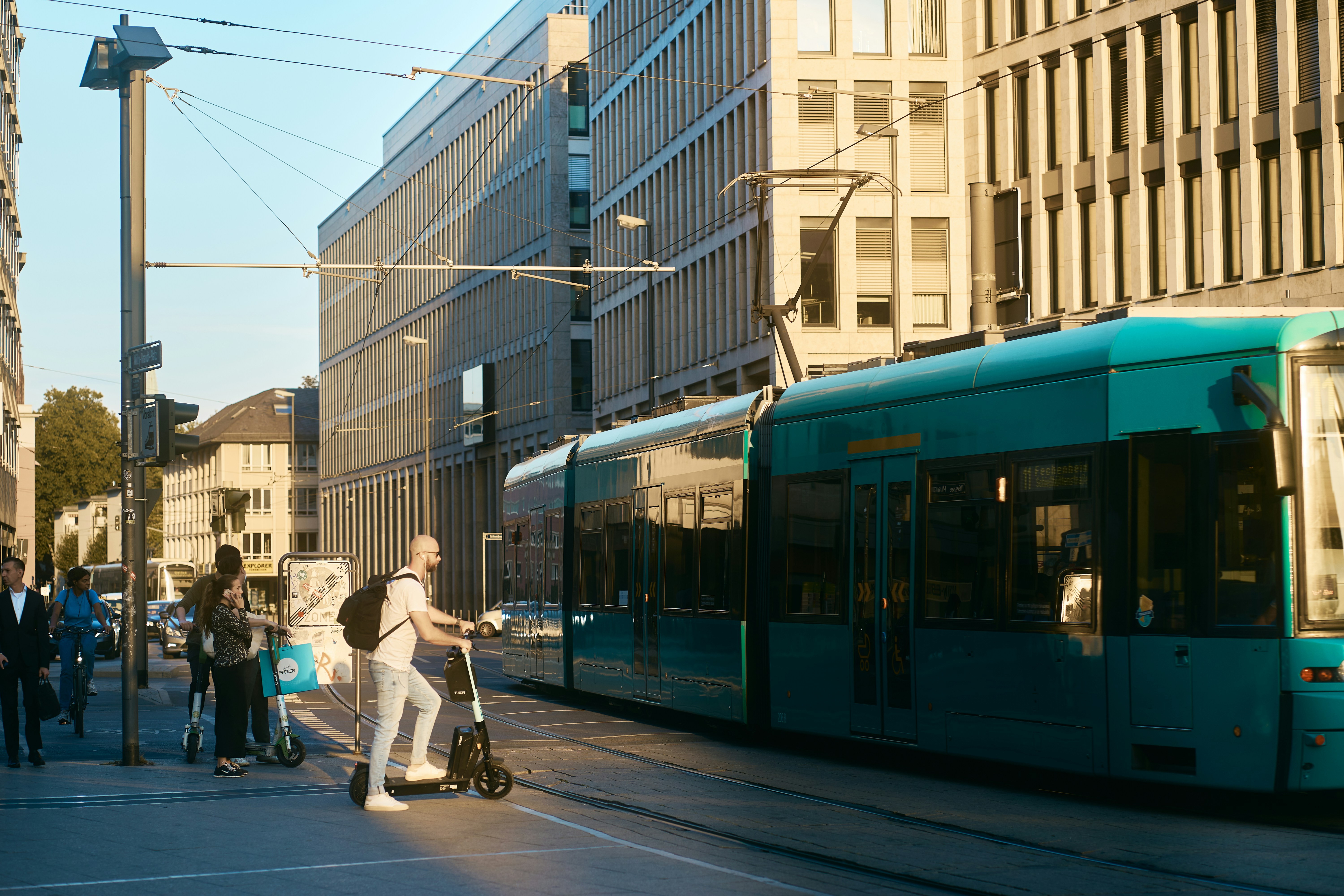
Make Small Changes That Boost Productivity During Urban Commutes
Many people experience packed trains, heavy traffic, and unreliable schedules that sap energy long before arriving at work. Paying attention to small changes in daily routines and using helpful tools can transform travel time into opportunities for personal development and calm. Choosing how to spend these moments enables a sense of control and purpose, making each commute less stressful and more rewarding. Instead of simply going through the motions, making conscious decisions about activities during your journey helps set a positive tone for the rest of the day. Even minor adjustments can lead to a more enjoyable and productive commute.
Implementing modest tweaks to your routine enhances focus, sparks creativity, and sharpens skills without demanding extra time. The following sections outline practical steps you can take immediately, transforming each trip into a boost of productivity.
Evaluate Your Current Commute
To improve any process, start by observing it. Dedicate a week to note how you spend every segment of your commute. Record starts and stops, waiting periods, and transitions between modes of transport. Write down frustrations, mental lags, and moments when you feel alert or relaxed.
Analyze your observations to identify patterns. Maybe you scroll through social media by default, or you often wait idle at transfer points. Recognizing these habits reveals where you can replace unproductive behaviors with activities that align with your goals, such as reading a chapter of an industry report or practicing a brief breathing exercise.
Improve Your Morning Routine
- Prepare the night before: Lay out your outfit, pack snacks, and load apps on your device. A prepared start reduces decision fatigue and frees mental space for more valuable tasks.
- Follow a quick ritual: Spend two minutes doing a power pose or simple stretches before leaving. This gets blood flowing and sets an intentional tone.
- Set a departure alarm: Program your phone or smartwatch to remind you when it’s time to leave. This prevents last-minute dashes that increase stress levels.
- Charge essentials: Keep portable chargers and cables in a designated pocket of your bag. A full battery ensures you won’t lose a chance to learn or connect.
By structuring your morning around these steps, you eliminate guesswork and free up mental space for focus. Over time, each habit becomes automatic and prepares you for success.
Use Technology Effectively
- Select audio content: Subscribe to a single podcast series or audiobook in *Audible* that matches your interests or career goals. Avoid switching between too many options to reduce decision points.
- Download offline apps: Save articles in *Pocket* or e-books in *Kindle* to save data and access content when signals drop. Having preloaded material ensures you can learn without interruption.
- Activate distraction blockers: Turn on focus modes on your phone or install apps like *Forest* to limit social media and notifications. This creates uninterrupted periods for deep work or reflection.
- Sync your calendars: Link your commute time to calendar entries so you get reminders about upcoming tasks. This visual cue helps you fit quick to-dos into travel segments.
These steps help you turn technology from a time waster into a tool for productivity. With a few settings adjusted, each notification aligns with your priorities and keeps you on track.
Take Micro-Breaks During Travel
Long periods of standing or sitting can cause muscles to stiffen and mental clarity to diminish. Add brief pauses—thirty seconds to a minute—every ten minutes. Stand up if seated, rotate your shoulders, flex your ankles, or take deep breaths.
During public transit, shift your weight from one foot to the other, or tap your toes lightly. If you’re driving, safely pause at a red light to close your eyes for five seconds and refocus. These micro-breaks restore circulation, ease tension, and keep you alert without drawing attention.
Engage in Mobile Learning
If you want to improve skills, use travel time for focused study. Language apps with short lessons, such as *Duolingo*, fit well into brief waits. A five-minute practice each day adds up to real progress over months.
For visual learners, download infographic slides in *Google Slides* or quick tutorials in *YouTube Premium* for offline access. Mix formats—audio, visual, text—to enhance retention and avoid boredom. Treat each trip as a mini-workshop for professional development.
Monitor Your Progress
Keeping track of small achievements builds momentum. Use a simple notes app or a pocket notebook: record the date, activity completed during the commute, and one insight gained. When you review weekly, you’ll see clear signs of progress.
Set monthly goals to assess which tactics deliver real benefits. Maybe you remember lectures better when you sketch mind maps on your tablet. Or you feel more energized after daily stretches. Adjust your routine by dropping what doesn’t work and reinforcing what does.
Make small changes to your preparation, device use, movement, and learning habits to improve focus and skills during urban travel. Implement one or two adjustments today and notice your productivity increase with each trip.